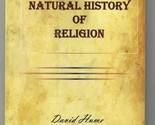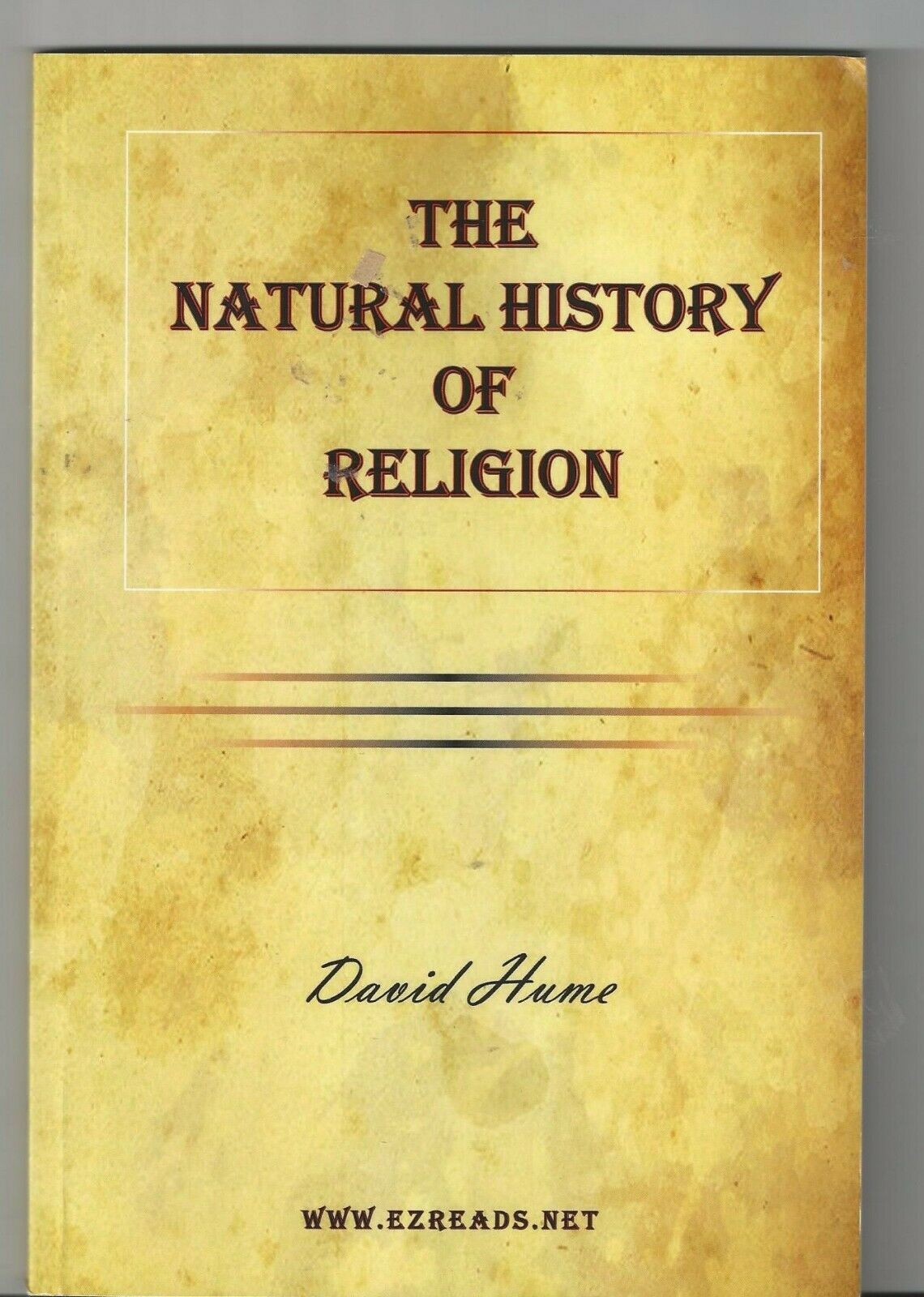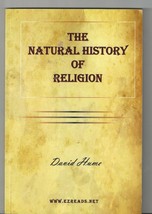Rendered at 09:22:10 04/25/25
Free Shipping
The Natural History of Religion By David Hume Booklet
£18.78 GBP
Ships from
Canada

Shipping options
No shipping price specified to GB
Ships from
Canada

Offer policy
OBO - Seller accepts offers on this item.
Details
Return policy
Refunds available: See booth/item description for details
Purchase protection
Payment options
PayPal accepted
PayPal Credit accepted
Venmo accepted
PayPal, MasterCard, Visa, Discover, and American Express accepted
Maestro accepted
Amazon Pay accepted
Nuvei accepted
Shipping options
No shipping price specified to GB
Ships from
Canada

Offer policy
OBO - Seller accepts offers on this item.
Details
Return policy
Refunds available: See booth/item description for details
Purchase protection
Payment options
PayPal accepted
PayPal Credit accepted
Venmo accepted
PayPal, MasterCard, Visa, Discover, and American Express accepted
Maestro accepted
Amazon Pay accepted
Nuvei accepted
Item traits
| Category: | |
|---|---|
| Quantity Available: |
Only one in stock, order soon |
| Condition: |
Very Good |
Listing details
| Shipping discount: |
Seller pays shipping for this item. |
|---|---|
| Price discount: |
20% off w/ $50.00 spent |
| Posted for sale: |
More than a week ago |
| Item number: |
1242125220 |
Item description
The Natural History of Religion By David Hume. 80 pages
ABOUT THE AUTHOR:
David Hume was a Scottish philosopher, historian, economist, and essayist, known especially for his philosophical empiricism and skepticism. He is regarded as one of the most important figures in the history of Western philosophy and the Scottish Enlightenment. Hume is often grouped with John Locke, George Berkeley, and a handful of others as a British Empiricist.
Beginning with his A Treatise of Human Nature (1739), Hume strove to create a total naturalistic "science of man" that examined the psychological basis of human nature. In stark opposition to the rationalists who preceded him, most notably Descartes, he concluded that desire rather than reason governed human behaviour, saying: "Reason is, and ought only to be the slave of the passions." A prominent figure in the skeptical philosophical tradition and a strong empiricist, he argued against the existence of innate ideas, concluding instead that humans have knowledge only of things they directly experience. Thus he divides perceptions between strong and lively "impressions" or direct sensations and fainter "ideas," which are copied from impressions. He developed the position that mental behaviour is governed by "custom"; our use of induction, for example, is justified only by our idea of the "constant conjunction" of causes and effects. Without direct impressions of a metaphysical "self," he concluded that humans have no actual conception of the self, only of a bundle of sensations associated with the self. Hume advocated a compatibilist theory of free will that proved extremely influential on subsequent moral philosophy. He was also a sentimentalist who held that ethics are based on feelings rather than abstract moral principles. Hume also examined the normative is–ought problem. He held notoriously ambiguous views of Christianity, but famously challenged the argument from design in his Dialogues Concerning Natural Religion (1779).
Kant credited Hume with waking him up from his "dogmatic slumbers" and Hume has proved extremely influential on subsequent philosophy, especially on utilitarianism, logical positivism, William James, philosophy of science, early analytic philosophy, cognitive philosophy, and other movements and thinkers. The philosopher Jerry Fodor proclaimed Hume's Treatise "the founding document of cognitive science." Also famous as a prose stylist, Hume pioneered the essay as a literary genre and engaged with contemporary intellectual luminaries such as Jean-Jacques Rousseau, Adam Smith (who acknowledged Hume's influence on his economics and political philosophy), James Boswell, Joseph Butler, and Thomas Reid.
Added to your wish list!

- The Natural History of Religion By David Hume Booklet
- 1 in stock
- Price negotiable
- Returns/refunds accepted
Get an item reminder
We'll email you a link to your item now and follow up with a single reminder (if you'd like one). That's it! No spam, no hassle.
Already have an account?
Log in and add this item to your wish list.






